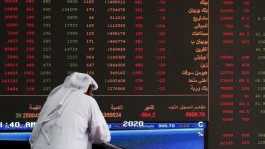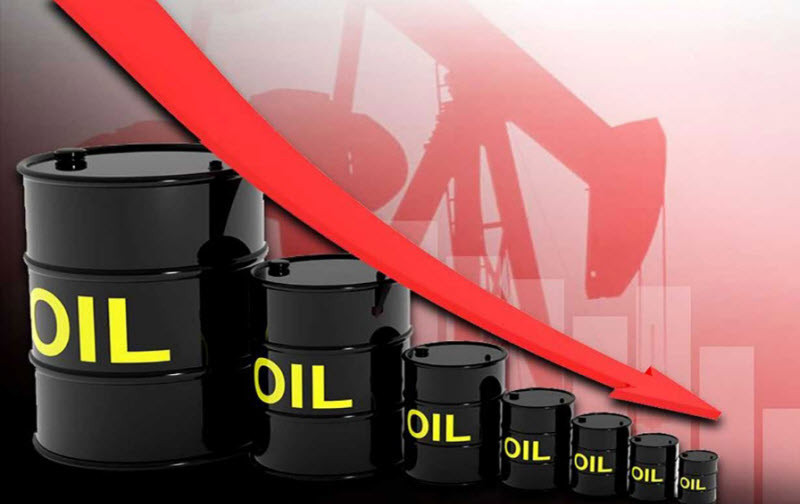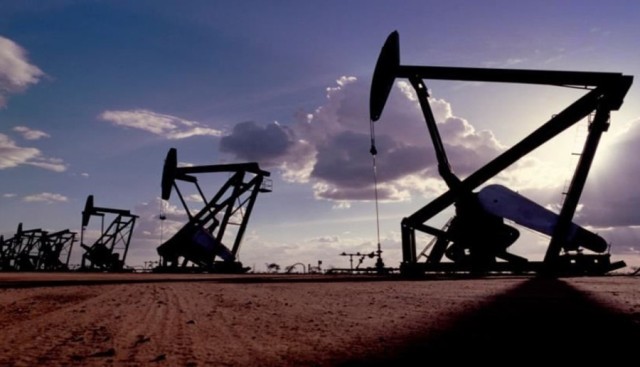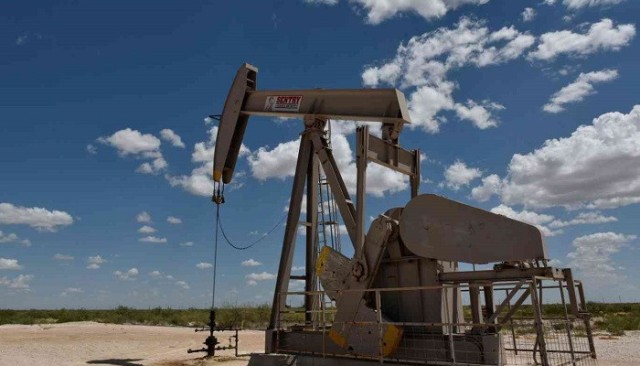Oil prices fell on Tuesday after posting gains in the previous session, as the market feared a sharper increase in interest rates by central banks would cause a global economic slowdown and lower fuel demand.
According to Arab Net, Brent crude futures for October delivery fell 81 cents, or 0.7%, to $104.28 a barrel, after rising 4.1% on Monday, the biggest increase in more than a month.
And US West Texas Intermediate crude recorded $ 96.68 a barrel, down 33 cents, or 0.3%, after rising by 4.2% in the previous session, quoting Reuters.
Inflation is near double digits in many of the world's major economies, a level not seen in nearly half a century, which could prompt central banks in the United States and Europe to resort to sharper increases in interest rates.
Analysts from Hetong Futures said risk appetite has declined due to the expectation that the Federal Reserve will continue to raise interest rates, and the decline in natural gas prices in Europe is exacerbating the cloudy picture of the energy crisis.
The head of the International Energy Agency said on Monday that Russian oil production has exceeded expectations in the wake of the war in Ukraine, which is also affecting prices. But he said Moscow would find it increasingly difficult to maintain production as it began to suffer from Western sanctions imposed over the Ukraine war.
The agency chief also said member countries could withdraw more oil from the Strategic Petroleum Reserves if they found it necessary when the current program ended.
But the political violence in Iraq, the second largest producer in the Organization of Petroleum Exporting Countries (OPEC), on Monday evening supported prices.
Security forces and factions loyal to Shiite cleric Muqtada al-Sadr clashed in the Green Zone, which includes government headquarters and embassies in the capital, Baghdad, killing 20, in a long-running dispute over the formation of a new government since last year's elections.
As a major oil exporter with production of more than 4 million barrels per day, Haitong analysts said, the impact of the domestic situation (in Iraq) on oil prices is no less than that of Iran.
Shortage of supply also gave support to prices. Saudi Arabia, the largest producer in the Organization of the Petroleum Exporting Countries, last week raised the prospect of production cuts
Sources said it could coincide with an increase in supply from Iran if it reached a nuclear deal with the West. OPEC +, which includes OPEC members and allied producers led by Russia, will hold a meeting on Sept. 5 to determine production policy.
The American Petroleum Institute is scheduled to release data on US crude stocks on Tuesday, followed by data from the US Energy Information Administration on Wednesday.
A preliminary poll conducted by Reuters on Monday showed that it is likely that US crude stocks fell 600,000 barrels last week, as did gasoline and distillate stocks.










































